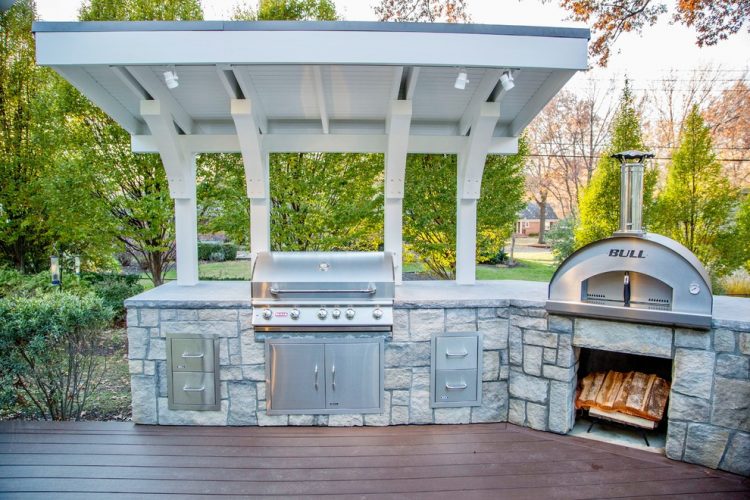
Green gas: from organic waste to the production of biogas and biomethane
You have undoubtedly noticed: offers of green gas, biogas and biomethane have appeared on the Virginia market for several years now, even if they are still rare. Let’s explains step […]


